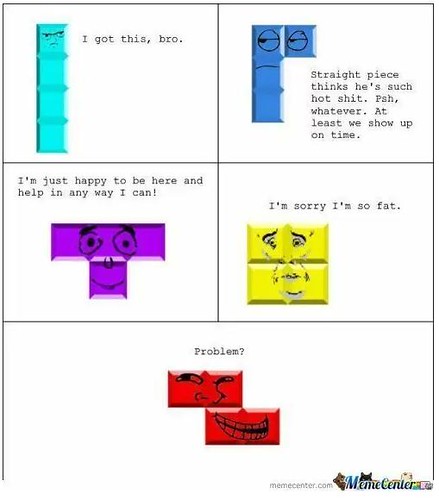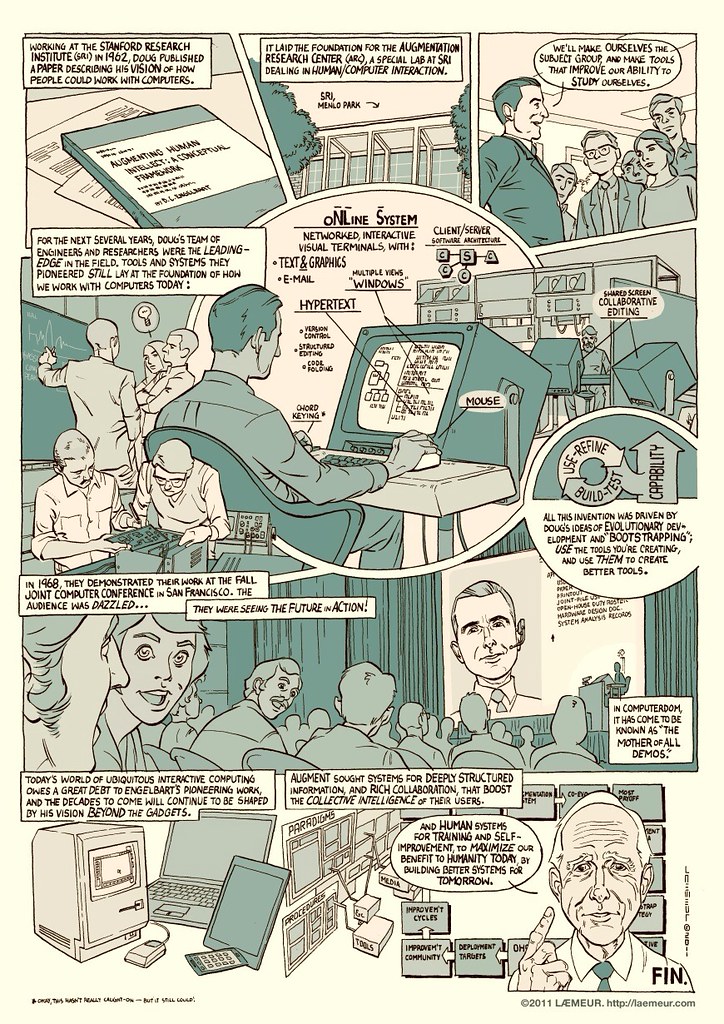
via Flickr http://flic.kr/p/g6AQh8
Media / TV / RMIT / Digi-what?

via Flickr http://flic.kr/p/g6AQh8
The 80/20 rule – the only other time I’d really considered this was one time when I read some article where Miranda Kerr described her diet as being 80 percent good foods, 20 percent treats. So I guess it’s safe to say Barabasi’s ideas of an 80/20 rule are a bit of a step up from that.
Linking the 80/20 rule and the power law together, I think it’s very true that in many cases, extraordinary powerful or big events are a result of or relative to smaller ones. I think it’s particularly true in an industrialised world that there are more things that are ordinary, which prop up the extraordinary.
If we think of a different ratio – the 99/1 – the occupy movement is an exact demonstration of this, and, in fact, is a protest against the reality that out of the working efforts made by 99 percent of the world’s people, 1 percent of the global population reaps the financial rewards.
But back to the idea of participation and power law in networked media, this site has a helpful explanation and diagram of the Power Laws of Participation.

via Flickr http://flic.kr/p/fUeP6t
I felt like last week’s symposium was full of controversial claims about reality and authorial intent.
Elliot stated that documentaries make statements about reality, and hypertext presents alternatives to this reality. Adrian said that Wikipedia isn’t documentary but it is non-fiction – an interactive collaborative work of non-fiction. He also raised the point of how we look at Wikipedia as not being 100% reliable yet it’s the first point of call for when we want to know something… Perhaps in this highly technological age of easily accessible information convenience sometimes triumphs over quality of information.
Then came this idea about whether or not you can gauge an author’s intent through a piece of their work, or if they could really influence the way their work is read. Was this an attempt to discredit literary theory? I disagree with Adrian’s point that a work speaks for itself, and you have no access to an author. Sure, we don’t ‘have access’ to their thoughts directly, but there’s always an intention and any kind of work has been produced with that in mind. Of course, readings of that work change over time and in different context, but this just refreshes the relevance of the work, which could perhaps be their intention all along.
I’d lean a little more towards Elliot in what he said about causality and structure in the rhyming trick that Adrian used – these things are created to influence our responses. They’re not 100% definite, but they’re likely to prompt a particular result. Which I suppose is after all just design…
I walked away from this ‘unlecture’ thinking ‘well if you can guarantee intent, and authorship is such a flimsy notion, then why do we create? Why distribute work or present our thoughts in this way? Is it just to fulfill the need of others to find meaning for themselves, or is it a (arguably failed) attempt at expressing our own ideas?’
Haven’t figured out the answer yet!

I’m with Lucy – I <3 socks
Some key things I took away from the W6 ‘Unlecture’:
Hypertext in terms of storytelling in different media…
Elliot: YouTube annotations kind of tried to do it, but it hasn’t taken off. Korakow is a more successful example of this.
Jasmine: still have to watch things from start to end in order to read the whole story. When you take away elements of linearity, you experience the narrative in a different way.
Brian: The 2012 London Olympic Opening Ceremony was an example of hypertexts that have become second nature – it’s one story and about one thing (linear) but still jumps around from music and cultural aspects.
Adrian: Multiple points are always available to the viewer in the hypertext experience. It’s about structural and formal relations between parts but not navigation. There are affordances of comp and system – experiences you want to ‘author’, and experiences desired by the viewer.
My favourite take-away idea from this ‘unlecture’ was that despite this idea people have of being ‘authors’ or ‘experience designers’, you can never guarantee intent – but hypertext willingly embraces this and uses it to an advantage.

via Flickr http://flic.kr/p/fCKEd2

via Flickr http://flic.kr/p/fCKCHe